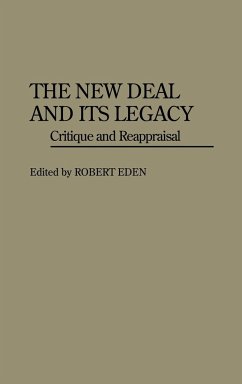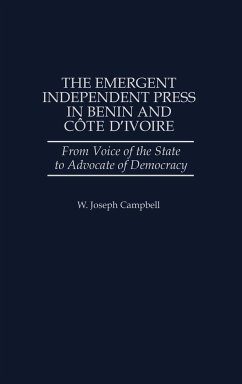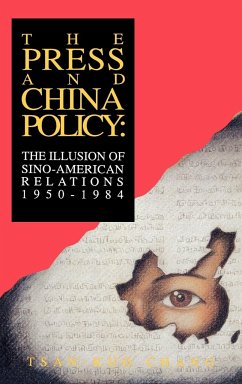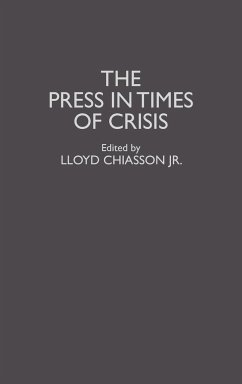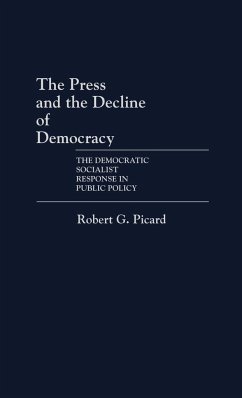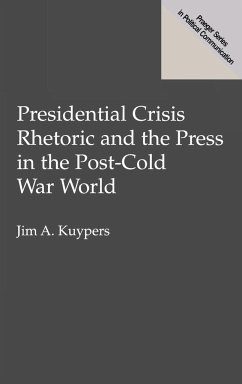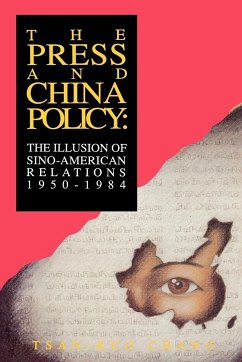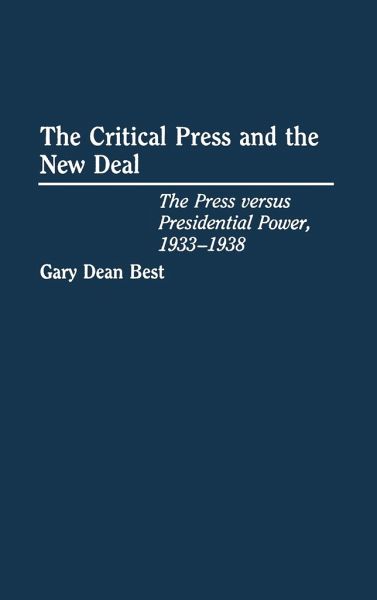
The Critical Press and the New Deal
The Press Versus Presidential Power, 1933-1938
Versandkostenfrei!
Versandfertig in 1-2 Wochen
88,99 €
inkl. MwSt.

PAYBACK Punkte
44 °P sammeln!
This book challenges generally accepted views by concluding that the critical press, so often characterized by pro-New Deal historians as conservative or reactionary, was in fact a good deal more liberal than Roosevelt and his advisors. Without its opposition to Roosevelt's policies during the years before Congress began to reassert its constitutional responsibilities, the United States might well have deviated considerably from the path of constitutional and democractic government. From 1933 to 1938 the critical press (both newspapers and journalists) fulfilled much of the function of (and pe...
This book challenges generally accepted views by concluding that the critical press, so often characterized by pro-New Deal historians as conservative or reactionary, was in fact a good deal more liberal than Roosevelt and his advisors. Without its opposition to Roosevelt's policies during the years before Congress began to reassert its constitutional responsibilities, the United States might well have deviated considerably from the path of constitutional and democractic government. From 1933 to 1938 the critical press (both newspapers and journalists) fulfilled much of the function of (and perceived of itself as) the equivalent of a parliamentary opposition to Roosevelt's policies and programs, since this was a period when the Republican opposition was moribund and Congress was generally submissive to the executive branch. Best describes the reaction of the critical press to FDR's domestic policies toward enhancement of the power of the White House at the expense of Congress and the Supreme Court. This enhancement gradually led many in the press to conclude that the basis for dictatorial rule was being laid by Roosevelt and/or those around him. This study will be of interest to historians and students of history.



